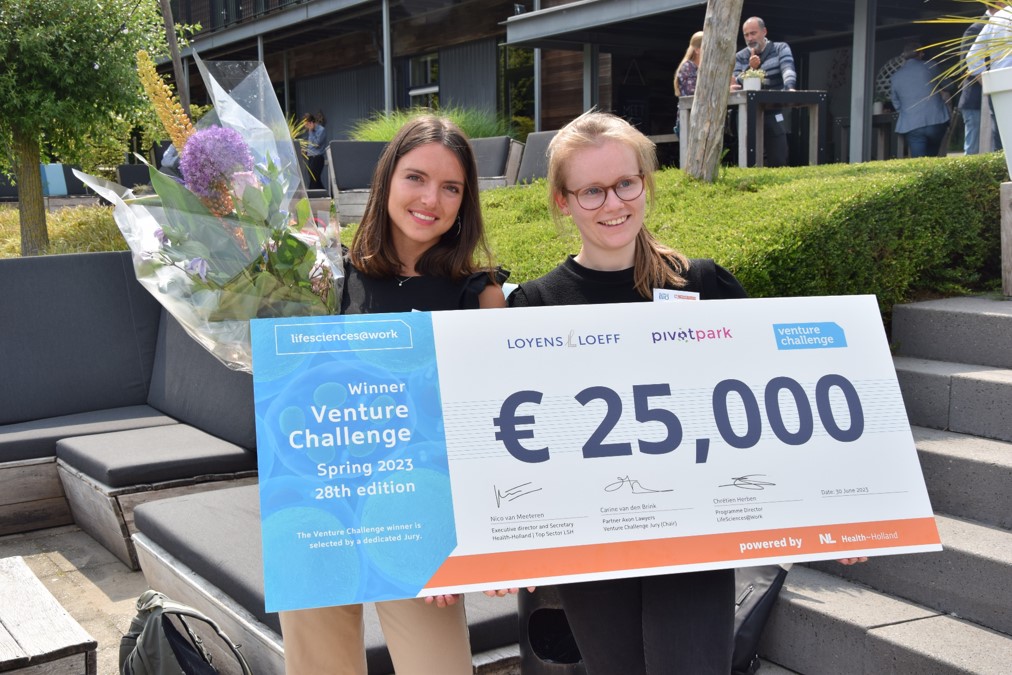ExCulture
1 out of 3 patients admitted to hospital require treatment with heparin, the world’s most common blood thinner. Heparin has been on the FDA drug shortage list since 2017 due to the fact that it is produced as a by-product of pig slaughter which can no longer meet global supply demand. The heparin market is forecasted to reach a market value of USD 12 billion by 2028, major drivers being the ageing population and the higher incidence of chronic diseases. ExCulture’s solution to the heparin supply shortages is a proprietary, natural, mixed-culture fermentation bioprocess developed at TU Delft which we intend to outlicense to heparin manufacturers’ by the end of 2027. Opposed to the current heparin production method, our technology has the potential to ensure supply security, reduce risk of contamination and remove dependency on animal material. Moreover, it differentiates from the emerging synthetic methods for its capacity to be readily scalable.
Our initial proof of concept studies showed comparability between our heparin compound and commercial heparin. In the coming months we will carry out biosimilarity and safety studies in compliance with the Pharmacopoeia heparin monograph. Based on preliminary information from the EMA, proven pharmacological equivalence, extensive clinical trials may not be required. Therefore, shortening the time to obtain a complete data package before out-licensing and market approval.
The founding team of ExCulture are Aisling Foley (MSc Chemistry & Business) and Ilaria Poledri (MSc Biology & Business).

